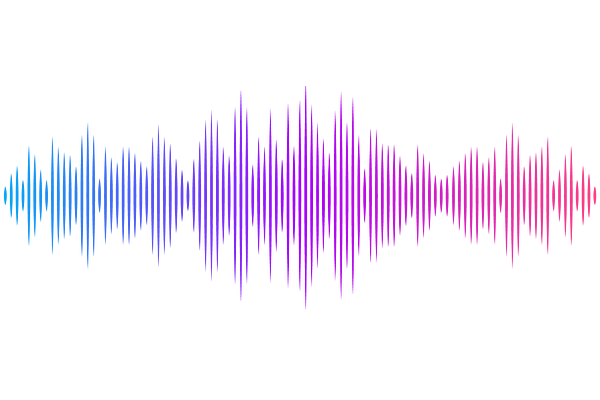Autism-associated SCN2A deficiency disrupts cortico-striatal circuitry in human brain assembloids

Autism-associated SCN2A deficiency disrupts cortico-striatal circuitry in human brain assembloids
Chen, X.; Zhang, J.; Wu, J.; Robinson, M. J.; Kothandaraman, H.; Yoo, Y.-E.; Dopeso-Reyes, I. M. G.; Buffenoir, T. D.; Halurkar, M. S.; Zhang, Z.; Wang, M.; Creager, E. N.; Zhao, Y.; Olivero-Acosta, M. I.; Wettschurack, K. W.; Que, Z.; Yuan, C.; Schaser, A. J.; Lanman, N. A.; Rochet, J.-C.; Skarnes, W. C.; Kremer, E. J.; Yang, Y.
AbstractProfound autism spectrum disorder (ASD) is frequently attributable to single-gene mutations, with SCN2A (voltage-gated sodium channel NaV1.2) protein-truncating variants (PTVs) being one of the most penetrant. Although cortico-striatal circuitry is implicated as a key node in ASD, the impact of SCN2A deficiency on human neural circuits is unknown. Using the human cortico-striatal assembloid model, we show that the autism-causing PTV SCN2A-C959X impairs long-range cortical axonal projections, reduces striatal spine density, and attenuates excitatory cortical-striatal synaptic transmission. Surprisingly, these assembloids carrying the heterozygous SCN2A nonsense mutation exhibited pronounced network hyperexcitability, a human cell-specific phenotype not observed in Scn2a+/- mice, highlighting a human-specific circuit vulnerability. Collectively, our study unveils human circuit-specific dysfunctions of SCN2A deficiency and SCN2A-mediated ASD.